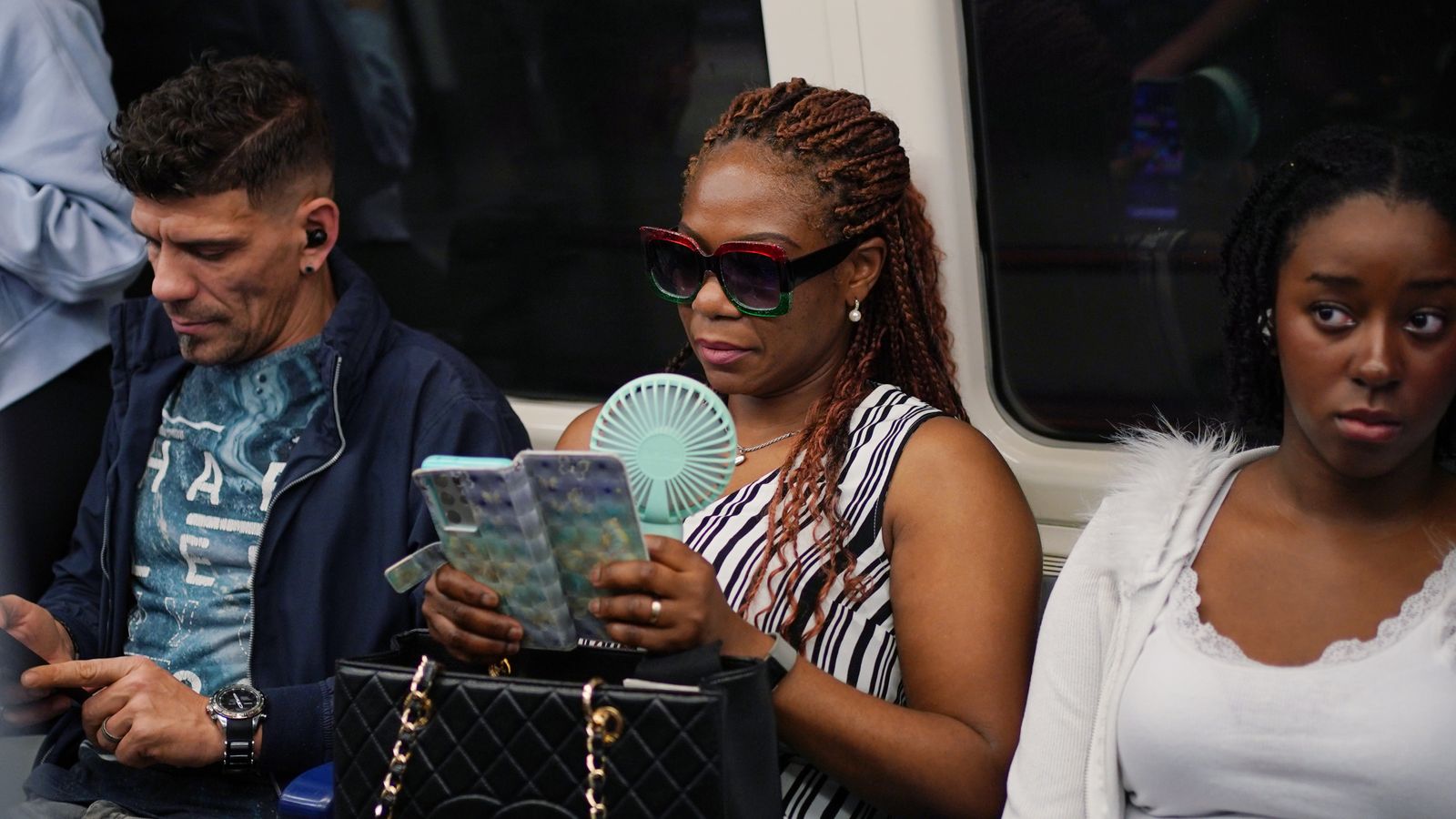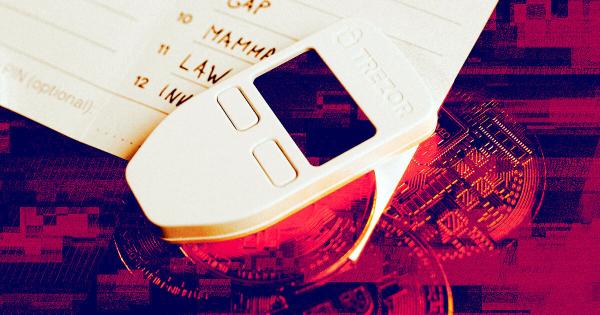Everyone knows they need to drink more during the heatwave – but skipping breakfast and drinking coffee within two hours of waking up could be part of the reason we feel so dehydrated.
Temperatures are expected to climb as high as 32C (89.6F) as the UK experiences a late burst of searing heat.
But while some people are soaking up the sunshine, there is a very real risk of dehydration – and even heatstroke.
It starts from the moment you wake up.
Why you are struggling to sleep in the heat
The first thing that is affected by the high temperatures is your sleep.
When we fall asleep, our core body temperature drops up to a degree and a half, which triggers our deep sleep processes and helps us get a decent rest.
UK heatwave: What is an omega block – and how is it causing our extreme weather?
UK weather: What is a ‘heat dome’ – and how long will Britain’s hot spell last?
More than 4,000 UK Scouts to be moved into hotels as heatwave hits World Jamboree in South Korea
But Dr Ravi Tomar, a GP in south London, explained: “In hotter temperatures, that drop in core temperature is significantly harder to achieve – so that’s why people often find themselves lying awake at midnight.”
So, you wake up tired – but wait two hours for that first coffee
It’s the first thing many of us reach for in the morning, but drinking an extra coffee to cope with the effects of poor sleep is going to dehydrate you more.
If you really need that caffeine boost, avoid having it in the first two hours of being awake.
“Coffee works on the adenosine system,” says Dr Tomar.
“And the adenosine system doesn’t kick in for about 90 minutes to two hours after you wake up.
“So, if you have a coffee within two hours of waking, it doesn’t really do anything in terms of alertness but what it does do is contribute to dehydration.”
Please use Chrome browser for a more accessible video player
Drinking lots of plain water might not actually help
While it varies between individuals, as a general rule of thumb you should be aiming for 2.5 litres of water on a day like today, says Dr Tomar.
But drinking it on an empty stomach might not have the effect you hope for.
“Even on a normal day, most people will not hydrate adequately,” he says.
“Unless you are drinking water with electrolytes, or if you’re drinking water with food or meals, only then does the water go in the right place.
“If you’re just drinking plain water, and it’s been hours since you have eaten anything, then that water is not hydrating you as well as it could do.”
But before you reach for that sugary energy drink, Dr Tomar clarifies electrolytes just mean anything with good nutrients and minerals, so grab a banana instead.
You don’t need to avoid beer gardens
On a day like today, a beer garden or glass of rose in the sunshine is tempting, and Dr Tomar says you don’t need to avoid this entirely.
His advice is to find somewhere in the shade – as sitting in direct sunlight increases your body temperature, and the risk of sunburn.
“Make sure you have good quality food, which has electrolytes, minerals, the calorie intake – food will also slow down alcohol absorption so that’s a useful way of kind of moderating intake as well,” according to Dr Tomar.
“You’re going to want to make sure that the glass of water is on the table too.”
The absolute recipe for disaster?
“Sitting in the sun, all day, with your feet down, drinking a lot of alcohol will dehydrate you.
“The temperature will dilate all your blood vessels so when you go to stand up you will feel dizzy and collapse.”
You probably should avoid these things
The sun’s rays are hottest between 11am and 3pm – so staying inside your air-conditioned office during lunchtime might be a good idea, says Dr Anil Mehta, a GP and clinical lead in Redbridge, northeast London.
He warned that while the “perfect thing to do” is avoid underground transport, commuters who must travel should be prepared for “steaming hot” conditions.
If you find yourself stepping onto the baking Bakerloo line, drink plenty of water and consider a mini fan or cooling your skin down with a sponge, or spray of cold water.
As for food, he says to try and stick to stuff that is higher in water content, such as watermelon, berries and lettuce.
“Avoid eating oily fried food and hot food and substitute them with much more vegetable loads,” he says, adding that spicy food and junk food also won’t help.
“Peppermint tea is really, really useful,” says Dr Mehta. “It has a positive effect on rehydration. So have a cup of mint tea when you are home after work as a general measure.”
The warning signs to look out for and who is most at risk
When we are facing extreme heat, Dr Mehta says we need to be on the lookout for symptoms including:
• Dizziness
• Nausea
• Cramps and muscle cramps
• Headaches
• Feeling overwhelming and tired
Dr Mehta explained: “As our body heats up, blood vessels are opening up and the heart finds it harder to push blood around the body, and that can cause swollen feet, increased loss of fluid and that upsets the balance between compartments in our body.”
In addition, keep an eye out for those most at risk – including the elderly with long-term conditions, particularly diabetes.
Children and “those who are less mobile” are also at risk, as well as dementia sufferers.
Subscribe to ClimateCast on Spotify, Apple Podcasts, or Spreaker
“Let’s be a bit more aware,” Dr Mehta said.
“Of course, people are homeless at this time of year and they’ll be more exposed to the sun.
“Those living in top-floor flats and high-rise flats will also face higher temperatures. So you know, take more concern over people that are more prone to problems.”








